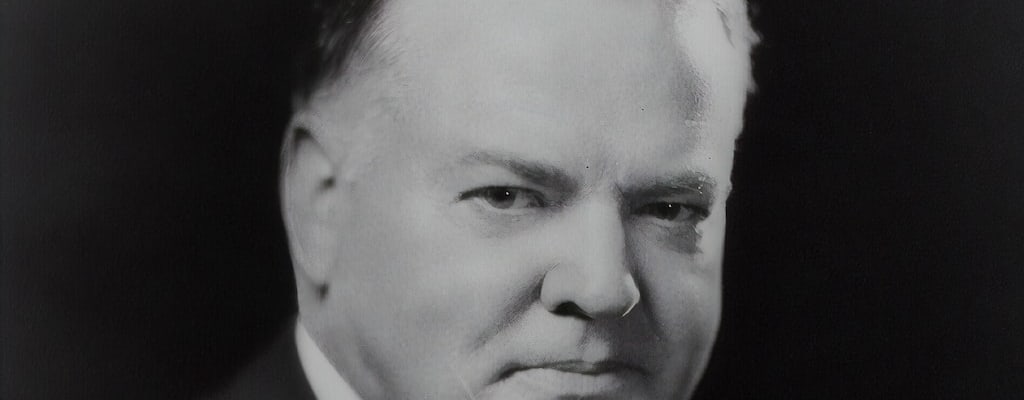make history: Idiom Meaning and Origin
What does ‘make history’ mean?
The idiom "make history" means to do something that will be remembered and have a significant impact on the future. It implies being part of an event or action of great importance and significance that will be recorded in history books.

Idiom Explorer
The idiom "the rest is history" is used to indicate that the subsequent events or outcome of a particular situation are well known or predictable, and therefore do not need to be explained further.
Put on the map is an idiom that means to gain recognition or become well-known. It refers to the act of bringing something or someone into public attention, making them more notable or important.
The idiom "put one's stamp" means to leave a clear or distinctive mark on something, often indicating ownership or influence.
The idiom "one small step for man, one giant leap for mankind" expresses the idea that taking a seemingly insignificant action can have a monumental impact on society as a whole.
The idiom "move the needle" means to make a significant impact or achieve noticeable progress in a particular situation or goal.
The idiom "milestone" refers to a significant event or achievement that marks an important point or stage in a process, project, or someone's life.
The idiom *make the weather* means to have a significant impact or influence on a situation or to be in a position of power and control.
The idiom "make it" means to be successful or achieve a desired outcome. It can refer to reaching a destination, reaching a goal, or accomplishing something. The phrase is commonly used in situations where someone overcomes challenges or obstacles to achieve a positive result.
The idiom "make interesting" means to add excitement, intrigue, or appeal to something, making it more engaging or captivating.
The idiom "make headway" means to make progress or to move forward, especially in a difficult situation or task.
Untold Significance
Make history is an idiom that is commonly used in the English language. This idiom is often used to describe individuals or events that have a significant impact on the course of history. It conveys the idea of creating a lasting impact or leaving a notable legacy behind. The origins of this idiom can be traced back to the 16th century, and it has since become a popular phrase in various contexts.
The idiom "make history" originated from the word "history," which refers to the record of past events. It denotes the act of creating or shaping history, contributing to the unfolding of events in a way that will have a lasting impact on future generations.
The phrase "make history" is often used in a celebratory or congratulatory manner, acknowledging the achievements of individuals or groups who have accomplished something extraordinary. It is commonly used in politics, sports, and social movements, highlighting the importance of a particular event or action.
For example, in politics, when a politician becomes the first of their gender or ethnicity to hold a certain position, they may be said to "make history." Similarly, an athlete who breaks a long-standing record or achieves a remarkable feat may also be said to "make history." In these contexts, the idiom signifies the breaking of barriers and the advancement of progress.
In addition to celebrating achievements, the phrase "make history" can also serve as a cautionary reminder. It emphasizes that the actions and decisions individuals make today can have far-reaching consequences in the future. When someone is cautioned not to repeat the mistakes of the past or to learn from history, they are encouraged to consider the potential impact of their actions on future generations.
Overall, the idiom "make history" carries a sense of significance and permanence. It is used to highlight exceptional achievements, groundbreaking events, and the potential for lasting impact. The phrase underscores the idea that individuals and events can shape the course of history, leaving a legacy that will be remembered for generations to come.
When someone "makes a difference," they are actively contributing to positive change in a situation or a cause. This phrase is often used to recognize the impact of an individual's actions or efforts in improving a particular circumstance.
For instance, a teacher who goes above and beyond to support their students and help them succeed is said to "make a difference" in their lives. Their dedication and commitment have a positive influence on the students' educational journey, empowering them to achieve their goals.
Similarly, when a person volunteers their time and resources to a charitable organization, they are making a difference in the lives of those who benefit from the organization's services. Their contributions, no matter how small, have a ripple effect that can bring about meaningful change.
The phrase "make a difference" also recognizes that even seemingly small actions or choices can have a significant impact. It encourages individuals to recognize their own power and agency in effecting change and reminds them that their contributions matter.
When someone "makes a name for themselves," they establish a reputation or identity that is widely recognized and respected. This phrase is often used to describe individuals who have achieved notable success or recognition in their chosen field.
In the world of entertainment, for example, an actor who consistently delivers outstanding performances and receives critical acclaim may be said to have made a name for themselves. Their talent and dedication have earned them a reputation as a respected and sought-after performer.
Similarly, in business or entrepreneurship, when someone builds a successful company or brand that is known for its quality and innovation, they have made a name for themselves in the industry. Their accomplishments and the positive reputation they have established set them apart from their competitors.
The phrase "make a name for themselves" emphasizes the notion of individual agency and the ability to stand out and be recognized for one's achievements. It recognizes the hard work, talent, and determination required to establish a lasting legacy.
When something "makes all the difference," it means that it has a significant and decisive impact on the outcome or result of a situation. This phrase is often used to describe a crucial factor or element that determines success or failure.
For example, in sports, a key player's performance can make all the difference in a game. Their skills, contributions, and ability to perform under pressure can be the deciding factor in whether their team emerges victorious.
In a different context, when someone is facing a difficult decision, a piece of advice or a perspective shift can make all the difference. The new insight or guidance they receive can lead them to make a choice that significantly alters the course of their life or situation.
The phrase "make all the difference" implies that without the specific element or factor in question, the outcome or result would be significantly different. It highlights the importance of recognizing and leveraging critical components or opportunities for success.
The phrase "the rest is history" is often used to summarize or highlight the well-known and significant events that follow a particular moment or decision. It conveys the idea that what happened afterward is widely known and no longer needs to be explained.
For example, when discussing the invention of the telephone, it is often said that Alexander Graham Bell made the first successful telephone call, and "the rest is history." This phrase acknowledges that Bell's invention had a profound and lasting impact on communication technology and that the subsequent developments and advancements in telecommunication are widely known and documented.
In a different context, when recounting the story of a successful entrepreneur, it may be mentioned that they started their business from their garage and "the rest is history." This phrase acknowledges that the entrepreneur's initial humble beginnings led to significant success, and the subsequent growth and accomplishments of their business are widely recognized and well-documented.
The phrase "the rest is history" encapsulates the idea that what follows a specific event or decision is widely known and does not need further explanation. It recognizes the lasting impact and significance of the subsequent events that unfold.
Example usage
Examples of how the idiom *make history* can be used in a sentence are:
- She became the first woman to win the Nobel Prize in Physics, making history.
- The team's victory in the championship game made history for their school.
- His groundbreaking research in the field of medicine made history and revolutionized the way diseases are treated.
More "Achievement" idioms



